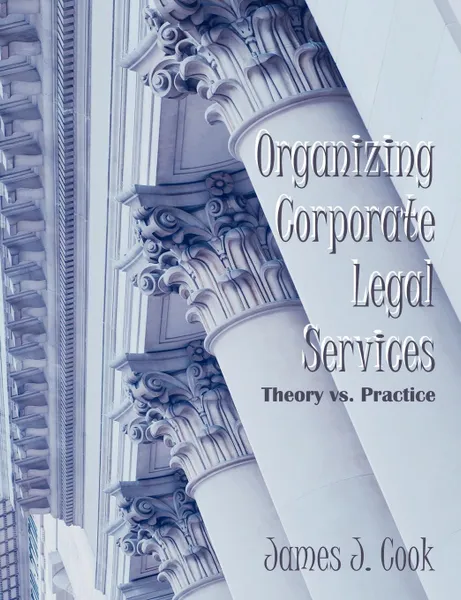Organizing Corporate Legal Services. Theory vs. Practice 12+
Где найти книгу?
📕 The principal question addressed is the extent to which American organizations source legal services they require in a manner consistent with transaction cost economics and agency theory. Transaction cost economics (TCE) is an interdisciplinary undertaking which joins economics with aspects of organizational theory and contract law. TCE views frequency, uncertainty and asset specificity (the extent to which assets have little utility or value except in the context of a particular transaction or relationship) as key variables in determining how a transaction will be structured. Agency theory focuses on identifying the most efficient contract form for a relationship taking into account certain assumptions of self-interest, bounded rationality, risk aversion and the cost of verifying what the agent is doing.A survey was sent to full-time in-house general counsel to collect data on actual practices in sourcing legal services for seven different areas of law: antitrust/trade regulation, commercial contracts, intellectual property, labor/employment, litigation, securities and taxes. The survey instrument s questions also covered key elements of TCE and agency theory, including uncertainty, asset specificity, frequency, law firm reputation and law firm trustworthiness. In excess of three hundred fully completed surveys were returned.The survey data were subjected to statistical analysis including multiple regression. The analysis disclosed the locus of the requisite expertise (i.e.,...
Мнения
